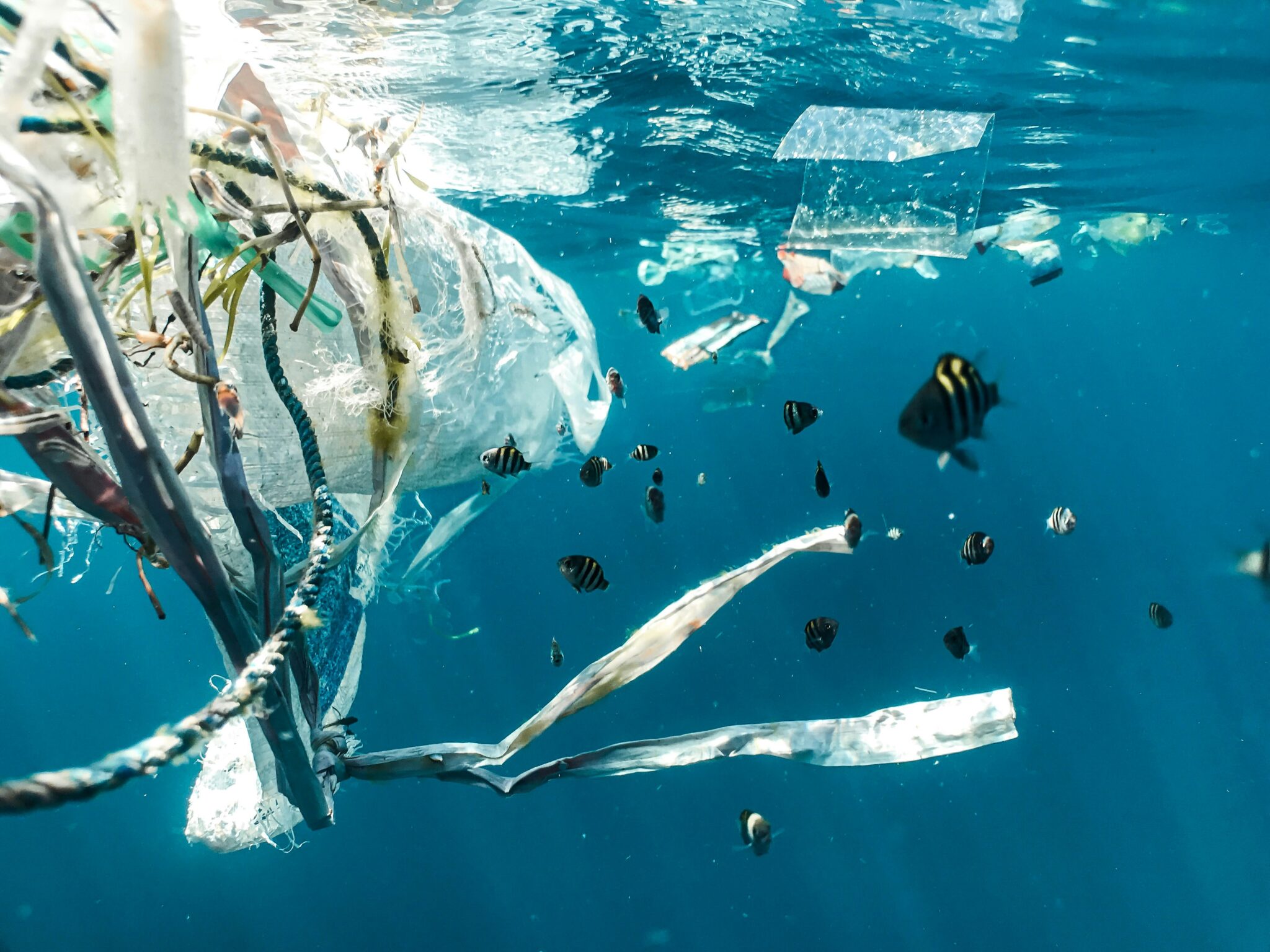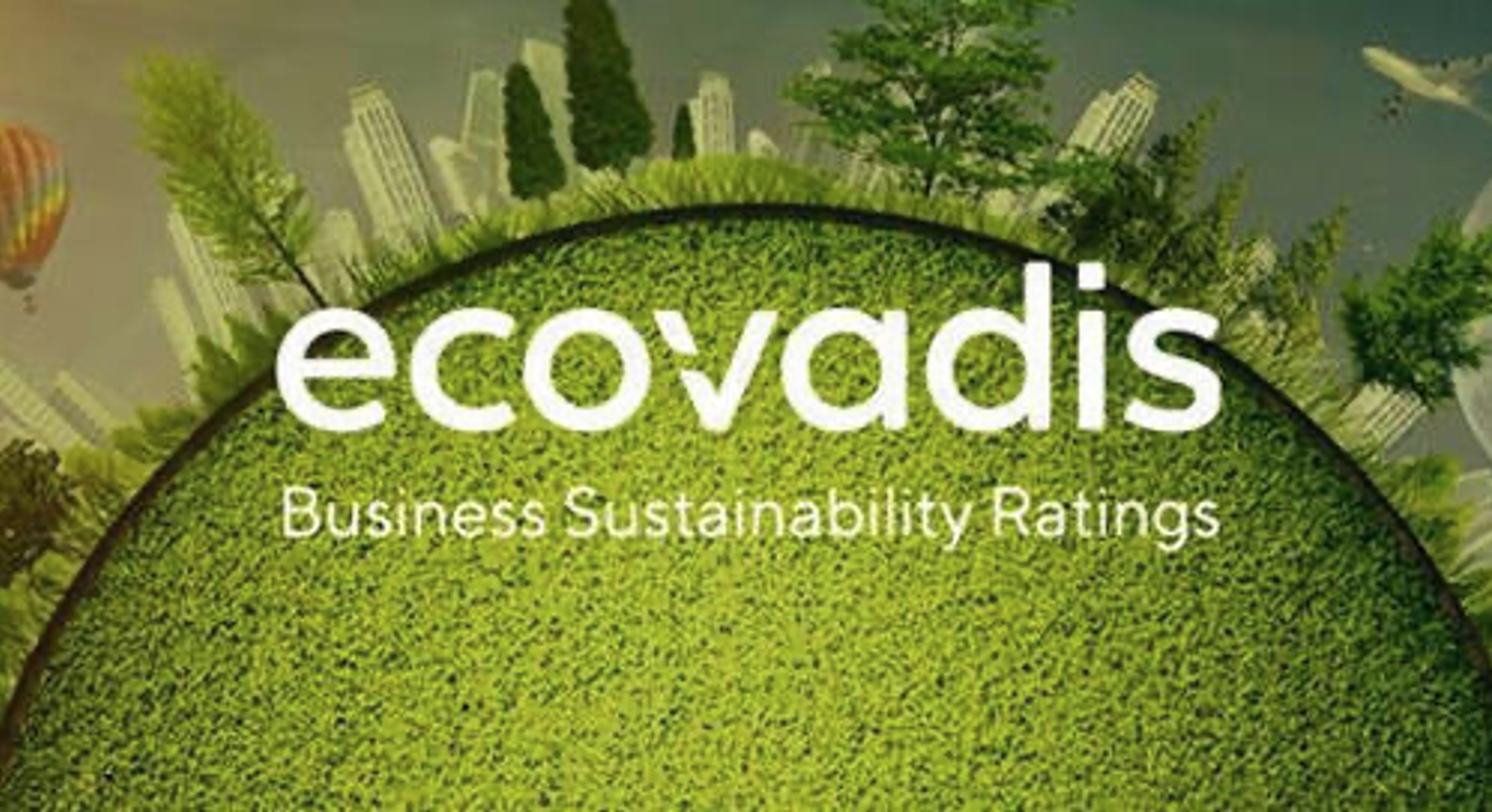How Suppliers Can Leverage EcoVadis Scores to Accelerate Sustainability Improvements
With the ability to share scores on the EcoVadis website or through third-party platforms, suppliers can collaborate and work towards improvement with customers. The new 2022 Impact Report also showcases the scope of score improvements across the network, with a doubling of Improvement Magnitude since 2016.
Centralized coordination and strong C-level sponsorship are essential for successful integration of the EcoVadis rating into procurement decisions.
EcoVadis is the largest provider of sustainability ratings that provides companies with a comprehensive view of their ESG performance. EcoVadis evaluates companies across the globe on their ESG practices in four themes (Environment, Labor & Human Rights, Ethics, and Sustainable Procurement).
The rating process is tailored to company size, industry sector, and country and combines multi-source input with the expertise of EcoVadis. A scorecard is then generated with an overall company rating and a medal classification: gold, silver, or bronze.
The EcoVadis Supplier Index helps buyers build trust in the supply chain by enabling them to track and benchmark their suppliers’ ESG performance. Buyers benefit from simple and reliable indicators and powerful dashboards, a supplier network that eliminates redundancy by sharing ratings across clients, and a full range of services including strategy design, procurement software integration, training, and supplier onboarding. For suppliers, the network includes sector and theme-specific capacity building and a best practice sharing forum.
Detailed Insights For Compliance
Companies undergoing the EcoVadis assessment receive an individually tailored questionnaire built according to their sector, size, and country. The questionnaire is structured in three layers: policies, actions, and results (or KPIs).
Each of these questions has specific weightings. The questionnaire also includes the option to provide supporting documentation.
Documents are reviewed by the EcoVadis experts to verify that they meet requirements and support the answers provided in the questionnaire. There is a limit of 55 documents that can be uploaded.
Once all the documentation has been assessed, a sustainability rating is awarded. A bronze, silver, gold, or platinum rating is awarded based on the results achieved in each of the three themes: Environment, Labor and Human Rights, and Ethics and Sustainable Procurement. The ratings are publicly available and can be requested by customers or partners. Companies can manage permissions to control who can view their scorecard and documents through their own dashboard. This gives them a unique tool to demonstrate their ESG leadership posture to their business stakeholders.
Detailed Insights For Improvement
Having a clear plan and dedicated resources will help your company get the most out of the EcoVadis assessment. Identify content owners from each department that are accountable for the questionnaire sections and documentation they need to provide – for example, the Environment is usually assigned to the CSR manager, Labor & Human Rights to HR, and Sustainable Procurement to the supply chain team.
Use a gap analysis or materiality assessment to prioritize improvement activities that will deliver the most impact on your score. Ensure that teams are aware of deadlines, and consider leveraging a specialized software partner to streamline data collection and preparation.
Once your company has completed and submitted its questionnaire, EcoVadis ESG experts will begin evaluating the answers and uploaded documentation to check that they are supported by appropriate documents and respect EcoVadis criteria. This typically takes 6-8 weeks. An above-average score will set you apart from your competitors and can lead to new business opportunities with customers who require a certain level of sustainability performance from their suppliers.
Detailed Insights For Acceleration
In addition to rating companies, EcoVadis also provides detailed insights that help accelerate sustainability improvements. This is the key reason why procurement managers at Amazon, Heineken, LVMH, and Salesforce are among those driving ambitious programs to leverage ratings and engage with suppliers to drive significant sustainability impact and scale.

The result is that buyers and their supply chain partners are collaborating more closely on ESG matters, such as setting time-bound carbon action plans and aligning management team compensation to climate targets. This is resulting in significant reductions of carbon emissions across the entire value chain, as outlined in the 2023 EcoVadis Carbon Action Report.
In a similar vein, ProcessUnity Vendor ESG Intelligence seamlessly integrates with EcoVadis ratings and scorecards to enable streamlined onboarding and continuous monitoring of third-party risks. Watch this short video to learn how the solution is helping reduce risk and create transparency for a more sustainable business.
Corporate Social Responsibility Trends
Corporate social responsibility (CSR) is a self-regulating business practice that measures the impact of an organization’s activities on society and the environment. It focuses on transparent and ethical behavior that: Contributes to sustainable development, including the health and welfare of society; Takes into account environmental concerns; Applies to the entire organization and is reflected in relationships with external stakeholders; and Demonstrates a company’s commitment to social and environmental sustainability.
Companies that embrace CSR strategies are often rewarded by increased customer loyalty, easier recruitment of top talent, and better relationships with local communities and governments. It also helps to protect a company’s reputation in the eyes of its shareholders and investors by demonstrating that it cares about more than just profit.
In addition to boosting brand image and trust with consumers, corporate social responsibility can help a company save money in the long run by reducing energy costs, waste disposal, and other operational expenses. A growing body of research suggests that a strong CSR strategy can contribute to bottom-line financials, and organizations can benefit from establishing and measuring CSR objectives through industry groups like the Sustainability Accounting Standards Board or Global Reporting Initiative.
Companies practicing CSR can incorporate many different practices. Some businesses have a strict policy of donating a percentage of profits to charities and nonprofits that align with their mission, while others create their own charitable trust or foundation. Still, others may encourage employee philanthropy by offering time off or matching donations. Some companies even invest in research and development for products that promote sustainability or re-imagine existing processes to reduce environmental footprints and resource consumption.

The emergence of the socially conscious millennial generation has had a significant impact on CSR trends. Increasingly, consumers are seeking to purchase goods and services from companies that demonstrate they are environmentally and socially responsible, so it’s important for companies to keep up with these trends. Expect to see more companies publicizing their stance on the #metoo movement, embracing diversity and inclusion in the workplace, and encouraging employees to volunteer for community service initiatives.
As more and more businesses recognize the importance of CSR, a trend is emerging that calls for companies to enshrine their commitments in the form of B Corp certification or public benefit corporation status. This stakeholder capitalism movement aims to measure non-financial value, such as the effects of a company’s operations on its workers and surrounding communities, climate change and the economy, racial justice, and more. In an era where business is increasingly interconnected, these stakeholder capitalism efforts can provide a way for businesses to demonstrate that they are not only focused on profit but care about the people and places they touch. They can do this by identifying and sharing their CSR metrics with the public.
This article has been published in accordance with Socialnomics’ disclosure policy.










